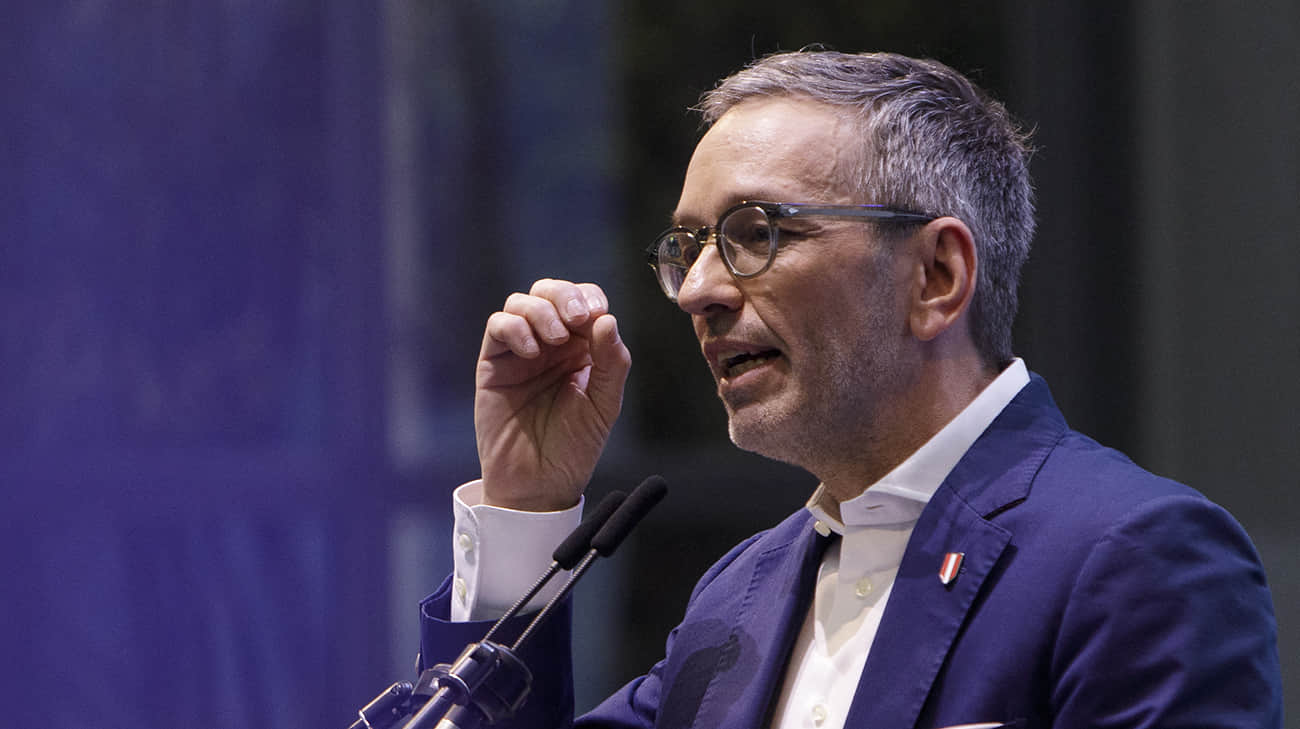“The leader of Austria’s far-right Freedom Party (FPÖ), Herbert Kikl, who has been tasked with negotiating the formation of a government, denied closeness to Russia at the party’s New Year’s meeting, insisting on his neutrality.”, — write: www.pravda.com.ua
The leader of Austria’s far-right Freedom Party (FPÖ), Herbert Kikl, who has been tasked with negotiating the formation of a government, denied closeness to Russia at the party’s New Year’s meeting, insisting on his neutrality.
Source: “European Truth” with reference to Der Standard
Details: Regarding the FPÖ’s closeness to Russia, which is often emphasized by experts and other parties, Kikl replied “There is no such thing as closeness to Russia, but there is closeness to neutrality.”
In the context of the war in Ukraine, he said that the party advocates “stopping senseless bloodshed.”
At the same time, he assured that the party will not insist on the exit of Austria from the European Union.
His criticism of Brussels was that the EU should enter a phase of “self-reflection” in the interests of the economy instead of the current “self-reliance”.
“No member of the Freedom Party wants to leave the European Union,” Kikl said.
The goal should be to reduce bureaucracy and end “climate communism”, he believes.
In his speech to party members, Kickl struck the same note as during the election campaign, stressing that he wants a zero quota for asylum applications, praising deportation flights and referring to migration as “a matter of destiny for Europe”.
“What I will not accept is tolerance for mass migration under a false label,” he said.
What happened before:
- On Monday, January 6, the President of Austria, Alexander van der Bellen, instructed the leader of the Freedom Party, Herbert Kickle, to conduct negotiations on the formation of the government. If the negotiations are successful, Austria will get a far-right chancellor for the first time in history.
- A number of politicians in Germany called the political events in their neighbors “a wake-up call”.
Also read more on this topic: The Austrian disaster: why the far-right opponent of Ukraine can lead the country’s government
